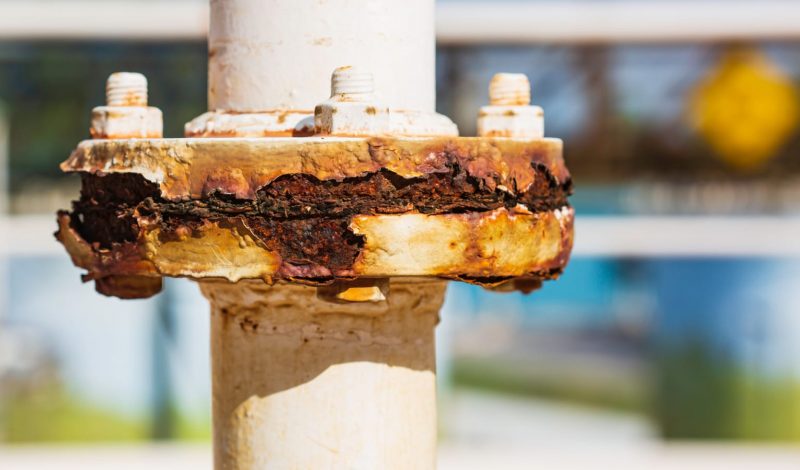Boiler corrosion is a serious problem that can cause significant damage to a boiler system. Corrosion occurs when metal is exposed to oxygen and moisture, leading to the breakdown of the metal and eventual failure of the system. Corrosion can result in reduced efficiency, higher operating costs, and even safety hazards. Understanding the causes of boiler corrosion is key to preventing it from occurring in the first place.
One of the main causes of boiler corrosion is oxygen attack. Oxygen can enter the boiler through leaks or improper maintenance and can cause rust and other forms of corrosion to occur. Oxygen attack is more common in older boilers or those that have not been properly maintained. To prevent oxygen attack, it is important to keep the boiler system free of leaks and to regularly check and replace any damaged or corroded parts.
Another cause of boiler corrosion is acidic attack. This occurs when acidic substances, such as sulfuric acid or carbonic acid, come into contact with metal surfaces in the boiler. Acidic attack can result in pitting or corrosion of the metal, which can weaken the system and eventually lead to failure. To prevent acidic attack, it is important to monitor the pH level of the boiler water and to use appropriate treatment chemicals to maintain the proper pH level.
Another common cause of boiler corrosion is galvanic corrosion. This occurs when two different types of metal come into contact with each other and create an electrochemical reaction. Galvanic corrosion can occur when different types of metal are used in the construction of the boiler system or when metal parts are replaced with parts made of a different metal. To prevent galvanic corrosion, it is important to use the same type of metal throughout the boiler system and to avoid replacing parts with different types of metal.
Finally, another cause of boiler corrosion is stress corrosion cracking. This occurs when the metal is exposed to a combination of stress and corrosive substances. Stress corrosion cracking can occur when the boiler is subjected to high temperatures, high pressure, or mechanical stress. To prevent stress corrosion cracking, it is important to avoid subjecting the boiler to extreme conditions and to perform regular maintenance to ensure that the system is functioning properly.
In conclusion, boiler corrosion is a serious problem that can cause significant damage to a boiler system. It is important to understand the causes of boiler corrosion in order to prevent it from occurring. By properly maintaining the boiler system, monitoring the pH level of the water, using appropriate treatment chemicals, avoiding the use of different types of metal, and avoiding subjecting the boiler to extreme conditions, it is possible to prevent boiler corrosion and ensure the safe and efficient operation of the system.
If you are concerned about boiler corrosion and want to protect your boiler system, Shanti Boilers can help. We offer a range of services and solutions to prevent boiler corrosion, including water treatment, corrosion inhibitors, and regular maintenance. Contact us today to learn more about how we can help you protect your boiler system and ensure its safe and efficient operation.



